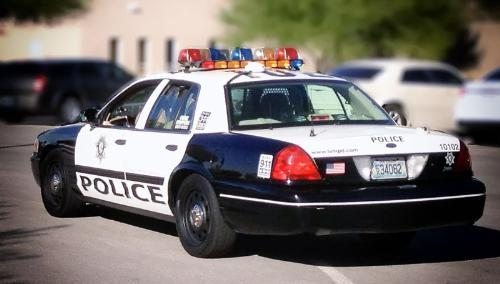Uber’s locating technology cited by FCC commissioner
The Federal Communications Commission this week adopted new rules to help first responders better locate people who dialed 911 from indoor locations using a wireless device.
The FCC ruling is in response to an increase in 911 calls from inside buildings. Previous methods of locating callers assumed they would be using a mobile phone if they called from outside and a landline if they called emergency services from inside a building.
As many households now rely entirely on wireless devices, revisions to the 911 rules seek to address that move. The applicable statutes for wireless locating were first adopted in 1996 and revised in 2010.
FCC Chairman Tom Wheeler said: “First responders are less able to rapidly and accurately locate a significant percentage of calls for help than they could in previous years. We need to update our wireless 911 rules to solve this problem.
“The record that was developed in response to our proposals tells us that there have been significant advances in technology, including technologies that have the potential to locate indoor callers by address, floor and apartment or room number,” he said. “We all know how commercial location-based services like Uber can find their users reliably and consistently. If we can have an app that gets a car service to the right door, we certainly should be able to get 911 to the right door consistently and reliably. It is a simple public-interest obligation.”
The ruling establishes benchmarks for wireless providers facilitating indoor locations and gives providers the option of choosing the most effective technology. The new rules consider that within two years, service providers will have to provide 911 responders with a caller’s indoor location within 164 feet in 40% of cases. By 2020, the accuracy standard will apply to 60% of cases.
The release of the new 911 rules has been well received by industry officials and public safety advocates. The Association of Public-Safety Communications Officials International, a trade group headquartered in Alexandria, Va., issued a strong statement of support for the FCC action.
Carriers reps have also weighed in on the issue. Steve Sharkey, T-Mobile US chief of engineering and technology policy said the company is “committed to collaborating with public safety and other stakeholders to move forward and provide the most advanced technology benefiting public safety and consumers.”
Not everyone is in favor of these new regulations. In a blog post earlier in the week, Jeremy Gillula of the Electronic Frontiers Foundation, a San Francisco-based digital privacy group, argued that the new 911 regulations would endanger Americans’ privacy by providing a more accurate way for law enforcement and hackers to locate them.
In his post Gillula wrote, “In an effort to solve this problem the FCC may be about to create a whole host of new ones, this time for people’s privacy”

